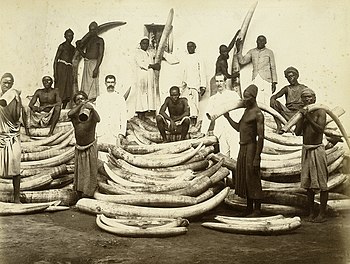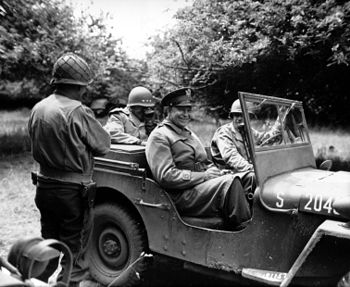
“Kenyan park rangers piled up thousands of elephant tusks and rhino horns to burn on Saturday (April 30),” reports Reuters, “sending a message to poachers and smugglers that their trade will be stopped.”
Well, no. The message this operation sends to poachers and smugglers is “we’re driving the price up for you — make hay while the sun shines.”
It’s simple economics: When rangers burn 105 tons of ivory and a ton of rhino horns, they reduce supply versus demand.
Sure, the poachers and smugglers who got CAUGHT take a hit to the wallet, but the others can now jack up their prices. The near-term opportunity for increased profit means they’ll send out more hunting teams and smuggle more product until the demand differential the government action created dissipates, supply and demand come back into equilibrium, and prices settle down.
If governments are serious about reducing poaching and smuggling, and saving shrinking populations of elephants and rhinos, there’s a simple and nearly foolproof way to go about it: Instead of fattening the bank accounts of poachers and smugglers, auction off harvesting rights to ivory from elephants and horns from rhinos who have died natural deaths.
The buyers of those harvesting rights will, in their own self-interest, get very good, very quickly, at protecting their investments. They’ll hire their own rangers to keep poachers and smugglers at bay. And they’ll do so at their own expense instead of milking taxpayers.
Does this ersatz “privatization” get the job done? Yes. As CBS News’s 60 Minutes reported in 2012, some African species which are endangered or extinct in their original habitats are thriving under private ownership in the United States. The owners profit by selling limited hunting privileges in numbers that don’t stop the herds from growing. Animal rights activists dislike the practice, but there’s no doubt it’s successful if the lone goal is increasing an endangered species’ numbers.
As a libertarian, I support real privatization of, well, everything — no government involvement; preferably, no government. In a free society, wild animals would constitute a source of profit to the owners of the lands they roam, and would therefore be deemed worthy of protection by those owners (which might be cooperatives or communities rather than individuals or corporations).
We can let markets work, or we can make ourselves feel good by letting governments burn ivory and horns while the world’s elephant and rhino populations continue to dwindle toward zero.
Thomas L. Knapp (Twitter: @thomaslknapp) is director and senior news analyst at the William Lloyd Garrison Center for Libertarian Advocacy Journalism (thegarrisoncenter.org). He lives and works in north central Florida.
PUBLICATION/CITATION HISTORY
- “Libertarian View: Save elephants and rhinos by privatizing ivory and horns,” by Thomas L. Knapp, New Bedford, Massachusetts Standard-Times (print edition) / South Coast Today (web edition), 05/03/16
- “How to really save elephants and rhinos,” by Thomas L. Knapp, The Star [Malaysia], online and print editions, 05/03/16
- “Want to Save the Elephants and Rhinos? Privatize Ivory and Horns,” by Thomas L. Knapp, OpEdNews, 05/01/16
- “Want to Save the Elephants and Rhinos? Privatize Ivory and Horns,” by Thomas L. Knapp, Ventura County, California Citizens Journal, 05/02/16


